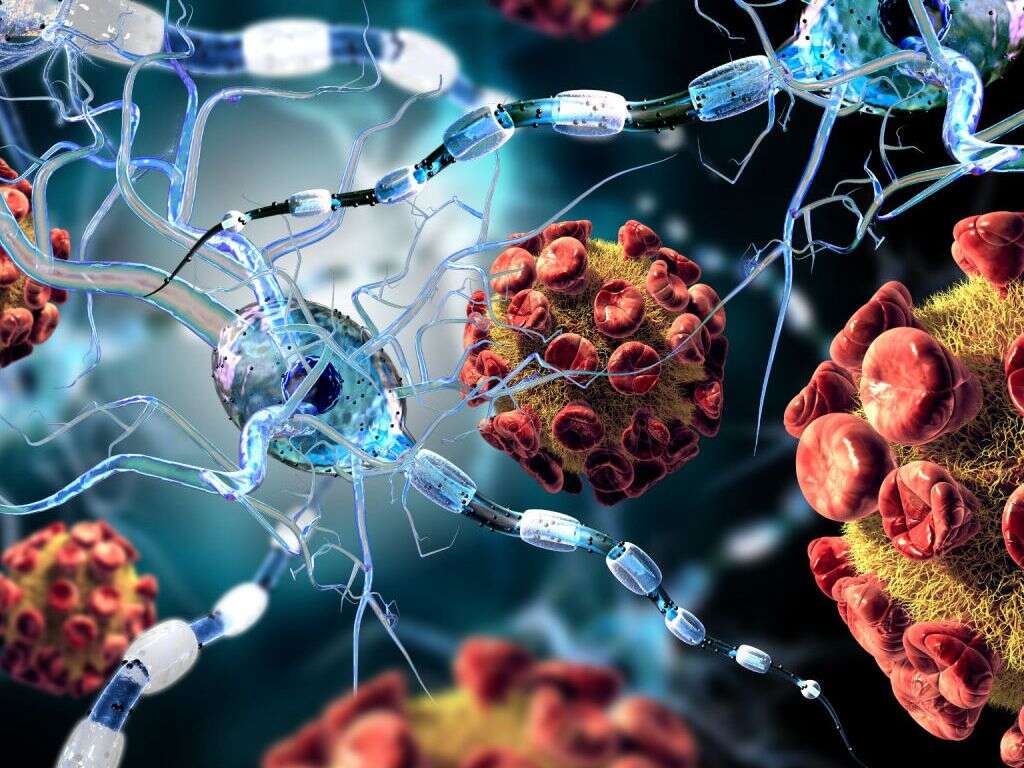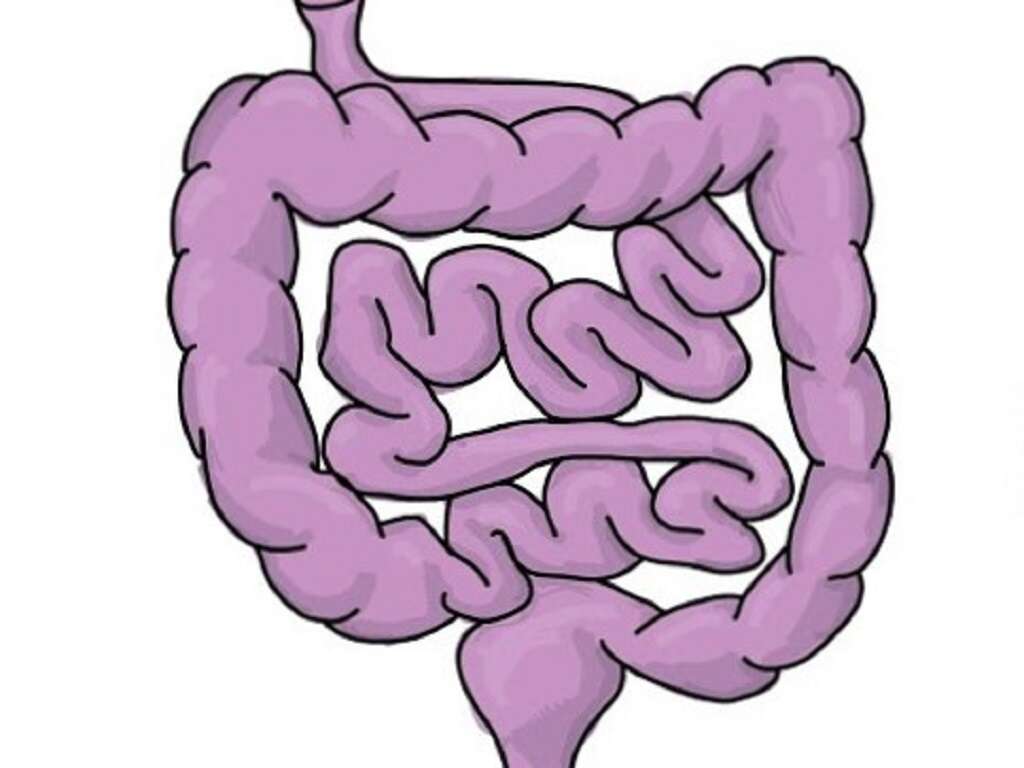What Is Irritable Bowel Syndrome?
Most of us have experienced an upset stomach the morning after eating something a bit too spicy. While it can be uncomfortable, it is not usually a serious condition and will pass in a few hours with no harm done. An upset stomach is a problem that some people have to deal with on a more regular basis, however.
Some people are simply able to handle certain foods better than others are. For some, however, the symptoms can be more severe and more persistent in a condition known as irritable bowel syndrome. In addition to being caused by certain foods, the condition can also be caused by some other factors.
1. Irritable Bowel Syndrome
IBS is a condition that causes the patient to develop a number of unwelcome symptoms of their digestive system. It is a fairly common condition and it will affect the large intestine in particular. It is a chronic condition, meaning that it will be with the patient in the long term.
While the symptoms of irritable bowel syndrome can be rather uncomfortable, and sometimes embarrassing, they are not usually at all dangerous. The symptoms can also be managed with a careful diet, and by making other lifestyle choices. Irritable bowel syndrome will be a serious condition for some people that have it, however.
2. Nervous System Causes
The exact causes of irritable bowel syndrome are not yet clearly understood. However, it is associated with issues with the nervous system. Abnormalities in the nerves can mean that signals between the digestive system and the brain are affected. This can, in turn, cause abnormal reactions from the digestive system.
Another potential cause is contractions in the walls of the intestines. These muscles will usually contract to help push food along the digestive system, and these contractions may sometimes be stronger than usual. Alternatively, these contractions can also sometimes be weaker than they should be which can also cause problems.

3. Infection
Our digestive systems naturally harbor bacteria and other microorganisms. These are not usually harmful to us and, in many cases, they are even beneficial. Indeed, without them, we would have difficulty digesting our food. While they are mostly welcome, however, they can still sometimes cause problems and become very unwelcome.
Irritable bowel syndrome may sometimes be down to an imbalance in the population of microorganisms in the digestive system. Some types can proliferate beyond usual numbers under certain conditions, and this can cause problems for us. Other types of bacterial or viral infections may also sometimes be responsible for IBS.
4. Inflammation
Inflammation is perhaps the most common cause of ailments in our bodies. Any of our bodily tissues can be affected, and this includes the digestive system. When the digestive system becomes inflamed, it can result in some very unwelcome symptoms for the patient.
Inflammation of the digestive system may sometimes be down to the walls being attacked by the patient’s immune system. Indeed, the intestines of people with irritable bowel syndrome do tend to have a higher volume of immune system cells. When IBS is caused in this way, the most prevalent symptoms are likely to be diarrhea and pain.

5. Symptoms
The symptoms of irritable bowel syndrome and their severity will vary from person to person. The symptoms for each individual may also vary at times, and there may be periods when they experience no symptoms at all. When symptoms are present, they typically include pain in the abdomen.
The patient will also likely have bloating and/or cramping, and these may be relieved after a bowel movement. Excess gas is another likely symptom, and the patient may also have mucus in their stools. Constipation and diarrhea are also other common symptoms, and individuals may switch between suffering from one or the other.
6. Triggers
Patients with irritable bowel syndrome will tend to find that certain triggers can start their symptoms. Perhaps the most common of all triggers is eating certain types of food. The foods most likely to cause problems tend to include dairy products, wheat, carbonated drinks, and citrus fruits.
Hormones are another potential trigger, and women are more likely to experience symptoms around the same time that they are menstruating. IBS is also more likely to affect women in general than men. Another potential trigger of IBS is stress, although this is likely to make existing symptoms worse rather than actually causing them.

7. Complications
Irritable bowel syndrome will also sometimes cause iron deficiency anemia. Rectal bleeding is another potential complication, and the condition will also sometimes cause hemorrhoids. Difficulty swallowing is another potential symptom of irritable bowel syndrome, as is vomiting and weight loss. The patient might also suffer from persistent pain that will not pass even with bowel movements.
Patients with the condition will also sometimes develop mood disorders. The symptoms can cause the patient to develop anxiety disorders while depression is another potential complication. Irritable bowel syndrome will cause the patient to have a poor quality of life overall in many cases.
8. Risk Factors
Certain people are more likely to have irritable bowel syndrome than others are. Women are more likely to have the condition, and women that use hormone replacement therapy are also in a higher risk category. People that are under the age of 50 are also more likely to have IBS.
Other factors include mental health conditions, and people with depression and anxiety are also in a higher risk category. There may also be a genetic factor as the condition appears to be more prevalent in some families. People that suffered some form of abuse at a young age are also statistically more likely to have IBS.

9. Diagnosis
There is no single test that can confirm a diagnosis of irritable bowel syndrome. Instead, the doctor will need to look at your medical history and request tests that will help to rule out other causes. One particular condition that experts are likely to look for is celiac disease, which is an allergy to gluten.
If needed, a colonoscopy can be requested, and imaging techniques may also be used. Laboratory tests may also be performed, including breath tests that will help to determine the presence of certain bacteria in the digestive system. Stool tests may also be undertaken. Once other conditions have been ruled out, experts will then see if your symptoms meet certain criteria and if they do, IBS can be diagnosed.
10. Treatment
There is no known cure for IBS. However, the patient can often be treated to help with their symptoms. This can mean medication including those that will help to ease bloating, and help with pain. Other medication is available to help with more serious complications such as depression and anxiety.
Perhaps the most effective treatment for irritable bowel syndrome is to avoid the triggers. It will also help to get plenty of exercise, get plenty of sleep, drink plenty of fluids, and to have a lot of diet in your fiber. Avoiding too much stress can also help to prevent triggering the symptoms in some people.








